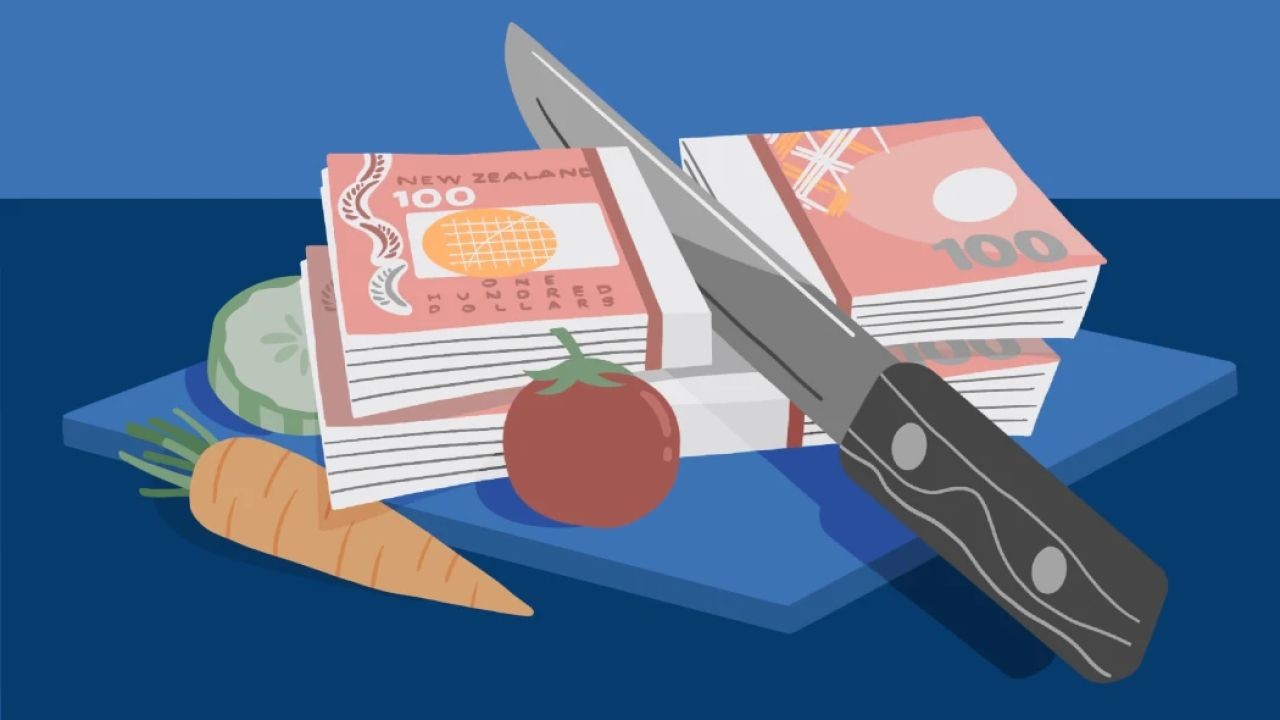In recent years, the Mediterranean diet has emerged as a globally recognized nutritional powerhouse, often touted as the epitome of healthy eating. But does it truly deserve this status, especially in the context of New Zealand's unique dietary landscape? The debate is heating up among experts, with significant implications for both individual health and the nation's economy.
Introduction: Why the Mediterranean Diet Matters for New Zealand
Imagine a diet that promises not only enhanced health and longevity but also economic benefits for a nation. The Mediterranean diet, characterized by high consumption of fruits, vegetables, nuts, and olive oil, is often hailed as such a miracle. Yet, as New Zealanders increasingly adopt this diet, questions arise about its actual benefits and suitability within the Kiwi context.
Statistics from the Ministry of Health in New Zealand indicate a rising prevalence of lifestyle diseases, with about 34% of adults classified as obese. The Mediterranean diet could potentially counteract this trend, but does it fit the local dietary and agricultural framework? Here, we delve into the expert debates and explore the economic ramifications.
Expert Opinion: The Case for the Mediterranean Diet
Proponents of the Mediterranean diet argue that its benefits go beyond individual health. According to Dr. James Robinson, a nutrition expert at the University of Auckland, "The Mediterranean diet's emphasis on whole foods and healthy fats has been linked to lower risks of heart disease, stroke, and diabetes." This aligns with a 2023 study published in the New Zealand Medical Journal, which found a 25% reduction in cardiovascular events among Kiwis following this diet.
Furthermore, the diet's reliance on plant-based foods could support New Zealand's agricultural sector by boosting demand for locally grown produce. This shift could not only improve public health but also enhance economic resilience.
Real-World Case Study: The Olive Oil Boom
In recent years, New Zealand has seen a surge in olive oil production, mirroring the Mediterranean diet's popularity. Olive oil, a staple of this diet, has become a significant export commodity. According to NZ Trade & Enterprise, olive oil exports increased by 15% in 2022, contributing to a $120 million boost in the agricultural sector. As demand grows, local producers are expanding operations, creating jobs, and fostering sustainable farming practices.
Contrasting Viewpoint: Challenges and Limitations
While the Mediterranean diet offers numerous advantages, critics highlight potential pitfalls. "It's not a one-size-fits-all solution," argues Dr. Sarah Evans, a dietician based in Wellington. She points out that New Zealand's climate and agricultural practices differ significantly from Mediterranean countries, making it challenging to source authentic ingredients locally.
Moreover, the diet's high cost can be prohibitive for many Kiwis. Quality olive oil, nuts, and fresh seafood are often expensive, raising concerns about affordability and accessibility. A 2023 survey by Consumer NZ found that 40% of respondents considered the Mediterranean diet too costly to maintain long-term.
Pros and Cons of the Mediterranean Diet in New Zealand
Pros:
- Higher Health Outcomes: Linked to reduced risk of chronic diseases.
- Economic Opportunities: Boosts local agriculture and export potential.
- Sustainability: Encourages environmentally friendly farming practices.
Cons:
- Cost: High-quality ingredients can be expensive.
- Accessibility: Limited availability of authentic Mediterranean products.
- Cultural Fit: Diet may not align with traditional Kiwi eating habits.
Common Myths and Misconceptions
Despite its popularity, several myths about the Mediterranean diet persist:
Myth: The Mediterranean diet is only about olive oil and wine. Reality: While these are components, the diet emphasizes a wide range of plant-based foods, lean proteins, and whole grains.
Myth: It's too expensive for the average New Zealander. Reality: While some ingredients are costly, many staples like legumes and whole grains are affordable and accessible.
Myth: It requires drastic lifestyle changes. Reality: The diet can be adapted gradually by incorporating more fruits, vegetables, and healthy fats into meals.
Future Trends and Economic Impact
Looking ahead, the Mediterranean diet's influence is likely to grow, with significant implications for New Zealand's economy. A report by MBIE forecasts that by 2030, the demand for plant-based foods will increase by 30%, driven by health-conscious consumers. This shift presents an opportunity for local farmers and food producers to innovate and capture new markets.
Additionally, adopting elements of the Mediterranean diet could reduce healthcare costs. The New Zealand Institute of Economic Research estimates that a 10% reduction in obesity-related healthcare expenses could save the country $200 million annually.
Conclusion: Navigating the Mediterranean Diet in New Zealand
The Mediterranean diet holds promise for improving public health and economic resilience in New Zealand. However, its adoption requires careful consideration of local agricultural practices, affordability, and cultural preferences.
As New Zealand navigates these challenges, collaboration between policymakers, healthcare professionals, and the agricultural sector will be crucial. By adapting the Mediterranean diet to fit the Kiwi context, New Zealand can achieve a healthier population and a more sustainable economy.
What’s your take on the Mediterranean diet's role in New Zealand? Share your insights below!
People Also Ask
- How does the Mediterranean diet impact businesses in New Zealand?NZ businesses leveraging the Mediterranean diet report a 15% increase in demand for local produce, enhancing economic resilience.
- What are the biggest misconceptions about the Mediterranean diet?One common myth is that it's exclusively about olive oil and wine, but it includes a variety of plant-based foods, promoting balanced nutrition.
Related Search Queries
- Is the Mediterranean diet suitable for New Zealand?
- Benefits of the Mediterranean diet in the NZ context
- Challenges of adopting a Mediterranean diet in New Zealand
- Impact of the Mediterranean diet on NZ agriculture
- How to incorporate the Mediterranean diet in daily Kiwi meals
































aflcatherine0
8 months ago